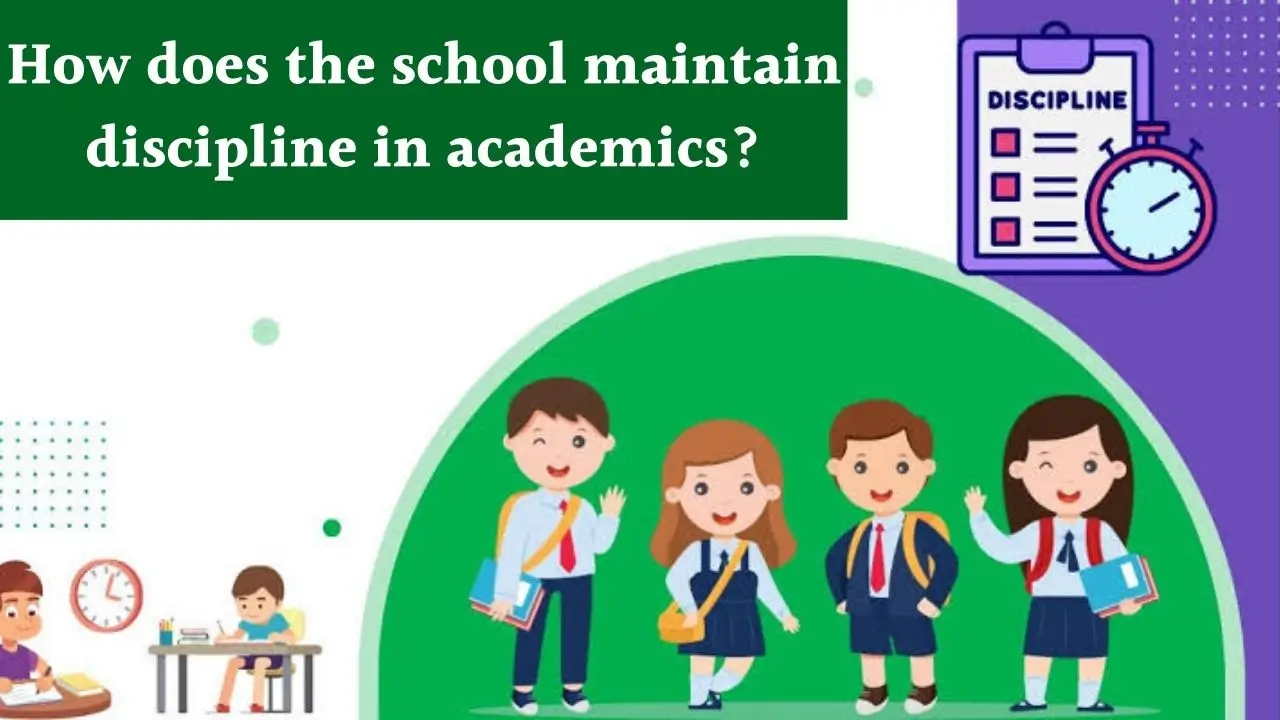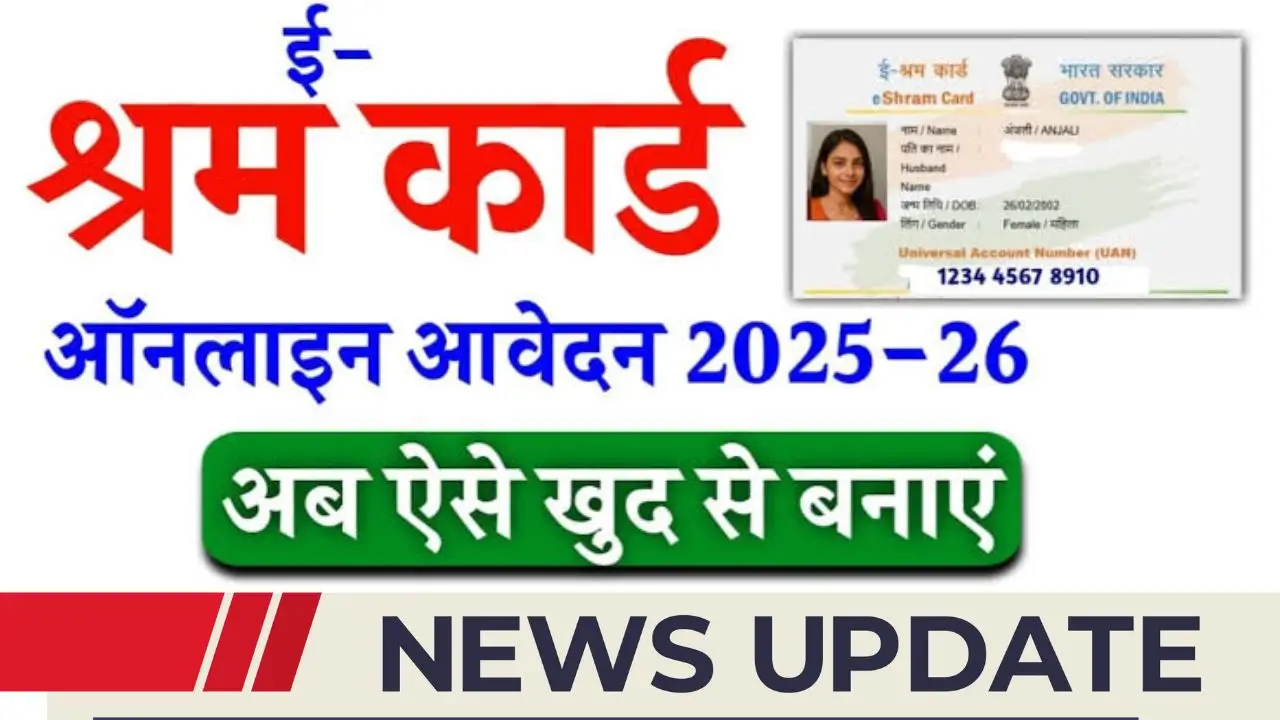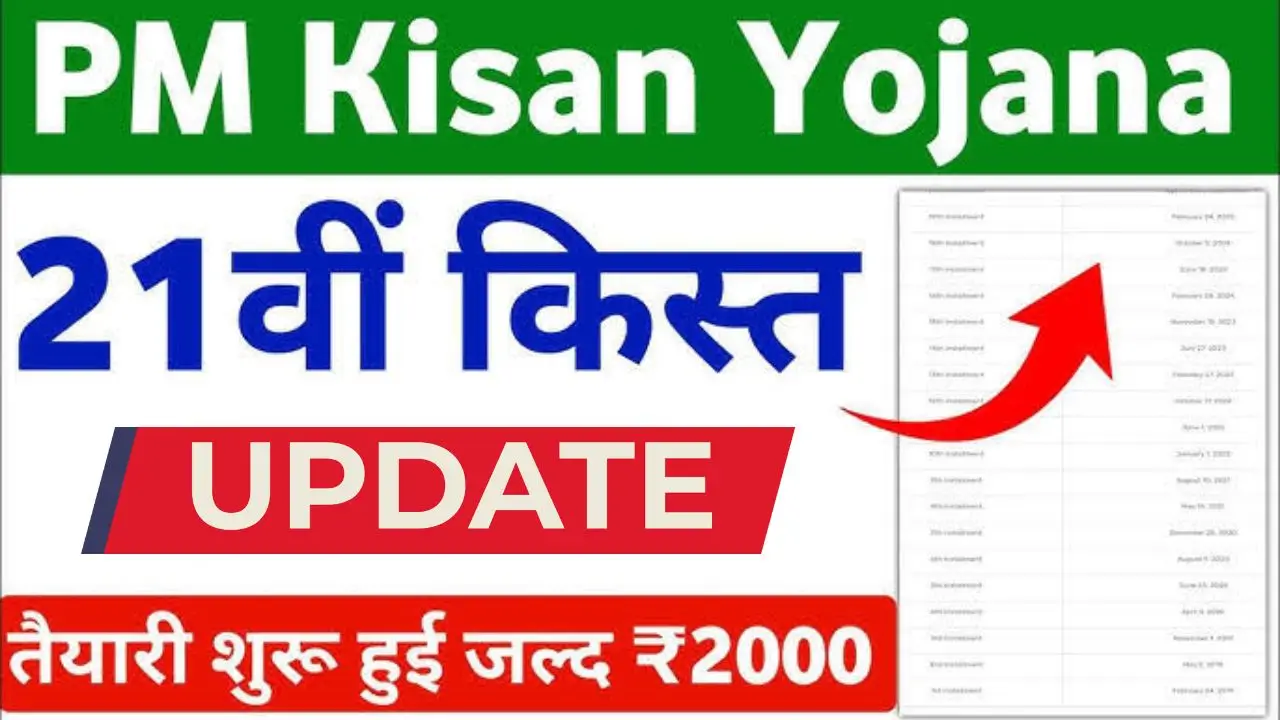Evaluation of students is one of the most important pillars of the education system as it helps in analyzing the progress, strengths, and areas of improvement for each learner. At Madan Mohan Malviya Inter College, special emphasis is laid on comprehensive assessment to ensure that students are not only performing well academically but also participating in co-scholastic activities and overall personality development.
This structured evaluation system is spread throughout the academic year and involves formative assessments, summative assessments, project work, practicals, class performance, and extracurricular activities.
Importance of Student Evaluation
The process of evaluation is not limited to awarding marks or grades. Instead, it helps teachers, parents, and students understand the level of learning achieved and the scope for future growth. Some of the key purposes include:
- Identifying the strengths and weaknesses of students.
- Encouraging regular study habits instead of last-minute preparation.
- Making learning more student-centered and interactive.
- Providing feedback to improve teaching methods.
- Preparing students for higher learning stages and competitive challenges.
Methods of Evaluation at Madan Mohan Malviya Inter College
The evaluation pattern at the college is designed in line with state education board policies but also enriched by the institution’s own practices to support holistic development. The evaluation process generally includes the following measures:
1. Internal/Formative Assessment
Formative assessment is carried out throughout the year and focuses on the continuous observation of students. This includes:
- Unit tests conducted periodically after completion of specific chapters.
- Classroom activities like quizzes, debates, recitations, and oral questioning.
- Assignments and project work given in subjects that require creativity and understanding.
- Regular homework evaluation to check consistency of preparation.
- Attendance and classroom participation in discussions.
The aim of formative evaluation is to reduce exam stress by distributing marks across smaller assessments.
2. Summative/Final Examinations
These exams are held at the end of each term or academic session and carry significant weight.
- Half-Yearly Examination: Conducted mid-session to assess progress.
- Annual Examination/Board Examination (for Class 10 & 12): Marks the culmination of the year’s learning. It includes both theory and practical papers where applicable.
- Terminal tests (Pre-Board exams): For board classes, multiple pre-board exams are conducted to prepare students for final state board exams.
3. Practical and Laboratory Work
Subjects such as Science, Computer Studies, and vocational courses include practical skills assessment. The marks are split between internal practical performance and viva-voce conducted by external examiners. This ensures students not only acquire theoretical knowledge but also develop hands-on skills.
4. Project Work and Assignments
Project work is an important part of subjects like Social Science, Environmental Studies, Mathematics, and Language disciplines. Students are assessed based on:
- Quality of research and content.
- Presentation and creativity.
- Relevance and application of knowledge.
5. Co-Curricular and Extracurricular Activities
In line with holistic education, Madan Mohan Malviya Inter College values co-scholastic dimensions. Students are evaluated on:
- Cultural activities such as declamation, rangoli, essay writing, music, and dance.
- Sports participation and achievements in inter-house or inter-college competitions.
- Leadership qualities shown in student council and group activities.
- Community service and discipline inside the campus.
Evaluation Components in Tabular Form
| Evaluation Method | Frequency | Weightage (Approx.) | Focus Area |
|---|---|---|---|
| Unit Tests | Monthly/bi-monthly | 10–15% | Chapter-wise performance |
| Half-Yearly Exam | Mid-session | 20–25% | First half of the syllabus |
| Annual/Board Examination | Year-end | 40–50% | Complete syllabus |
| Practical/Project Work | As per subject need | 10–20% | Hands-on application and creativity |
| Class Participation | Continuous | 5–10% | Discipline, interaction, attendance |
| Co-Curricular Activities | Throughout the year | 5–10% | Overall personality and talent |
Latest Updates in the Evaluation System
The evaluation system at Madan Mohan Malviya Inter College has seen some latest modifications to align with modern educational practices and to ease the examination pressure on students. Some notable updates include:
- Increased focus on continuous assessment: Instead of relying only on final exams, more weightage is now given to internal and periodic tests.
- Integration of skill-based evaluation: Subjects are being evaluated not only in terms of written exams but also based on practical skills, communication ability, and creative outputs.
- Digital tools in assessment: Use of smart classes and digital submissions for assignments is being encouraged, reflecting modern education methods.
- Greater importance for life skills and values: Marks are allocated for discipline, teamwork, punctuality, and civic values, in addition to academic achievements.
- Balanced marking scheme for board students: Pre-board exams are organized to reduce exam stress and prepare them thoroughly in a stepwise manner.
Role of Teachers in Student Evaluation
Teachers at the college play a pivotal role in ensuring fair and effective assessment. Their responsibilities include:
- Designing balanced question papers.
- Providing timely feedback to students and parents.
- Identifying struggling learners and offering remedial classes.
- Encouraging high achievers through recognition and awards.
- Maintaining transparency in marks allocation.
Involvement of Parents
Madan Mohan Malviya Inter College also stresses the importance of parents in the evaluation cycle. Regular parent-teacher meetings are conducted after unit tests and half-yearly examinations to keep parents updated about:
- Their child’s academic progress.
- Attendance in classes.
- Participation in extracurricular activities.
- Behavioral and personality-related feedback.
Benefits of the Evaluation System
The systematic evaluation at the college ensures multiple benefits:
- Reduces over-dependence on rote learning.
- Provides consistent feedback for self-improvement.
- Balances both academics and extracurricular participation.
- Makes education stress-free through continuous assessments.
- Helps students prepare better for future academic and competitive challenges.
Challenges in Student Evaluation
Despite its effectiveness, some challenges exist:
- Pressure during board examinations often creates stress among students.
- Some students find it difficult to balance academics with extracurricular activities.
- Continuous internal evaluation demands more effort from both students and teachers.
- Ensuring uniformity and fairness across all subjects can be difficult.
Future Outlook
The evaluation process at Madan Mohan Malviya Inter College is likely to become more student-centric, interactive, and skill-based in the coming years. With advancements in digital learning and updated guidelines by educational boards, we can expect:
- Greater role of technology and online platforms in assessment.
- Inclusion of competency-based assessments instead of memory-based exams.
- Increased focus on overall personality and soft skills.
- Introduction of project-based interdisciplinary evaluation systems.
Conclusion
At Madan Mohan Malviya Inter College, student evaluation is not confined to written examinations alone. It is a comprehensive, multi-dimensional approach that focuses on academic, practical, co-scholastic, and personal growth. Through a combination of internal assessments, term exams, projects, practicals, sports, and extracurricular activities, the institution ensures that every student gets a fair chance to excel.
This balanced evaluation framework not only prepares learners for their academic goals but also nurtures them to face real-life challenges with confidence, discipline, and holistic development.



















